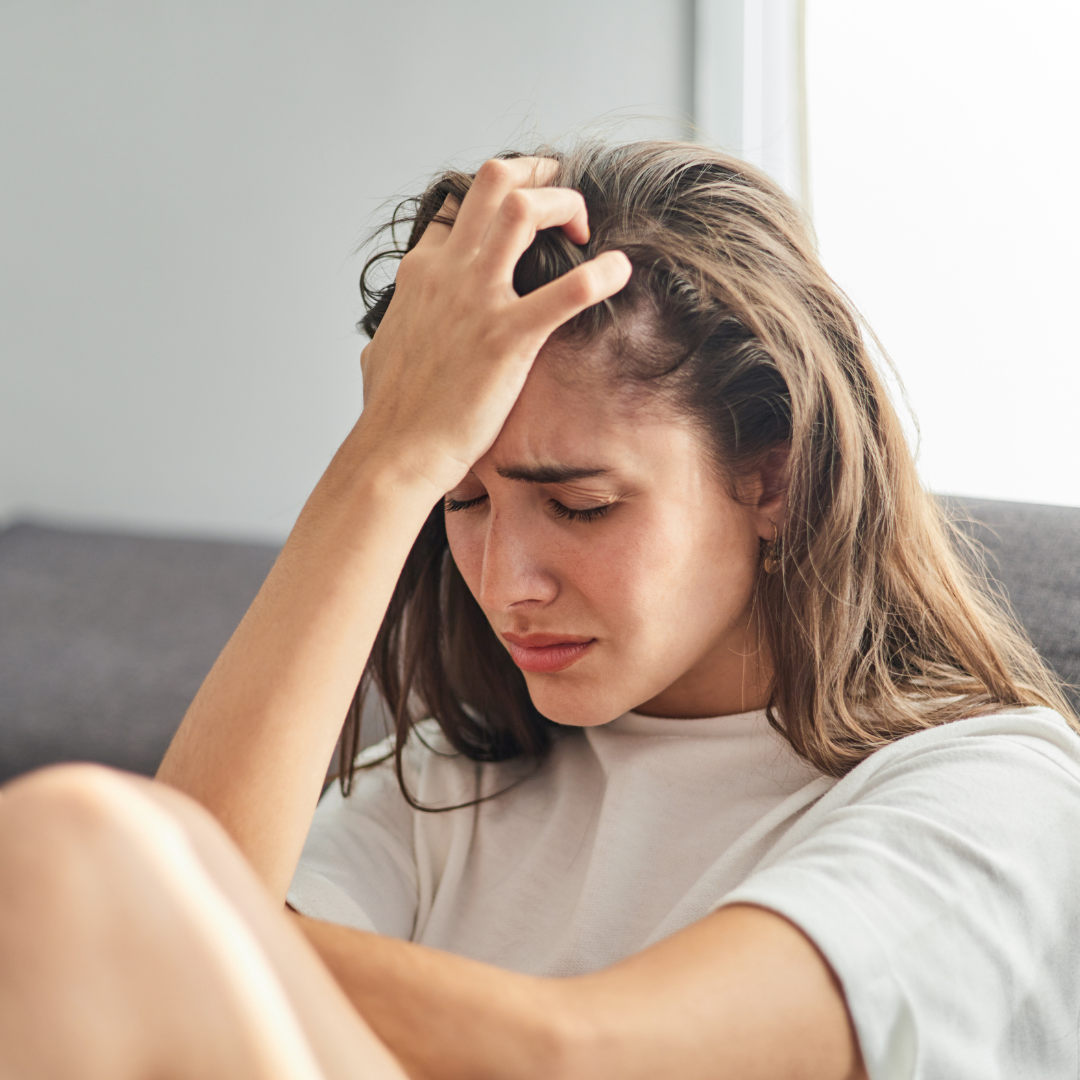How Does Anxiety Affect The Brain and The Body?
If you are someone who deals with an anxiety disorder, then you know what it is like to live your life day in and day out feeling and acting a certain way all because your anxious brain is sending you up and down.
It is not a pleasant experience to have, and at times, you can feel fed up with the fact that you can’t seem to relax your mind and just get on with your day.
In this article, we will discuss how anxiety disorders affect the brain, as well as what your physical responses may be so you are aware of what is happening to you and how you can get help to make sure that you can work through your mental health struggles.
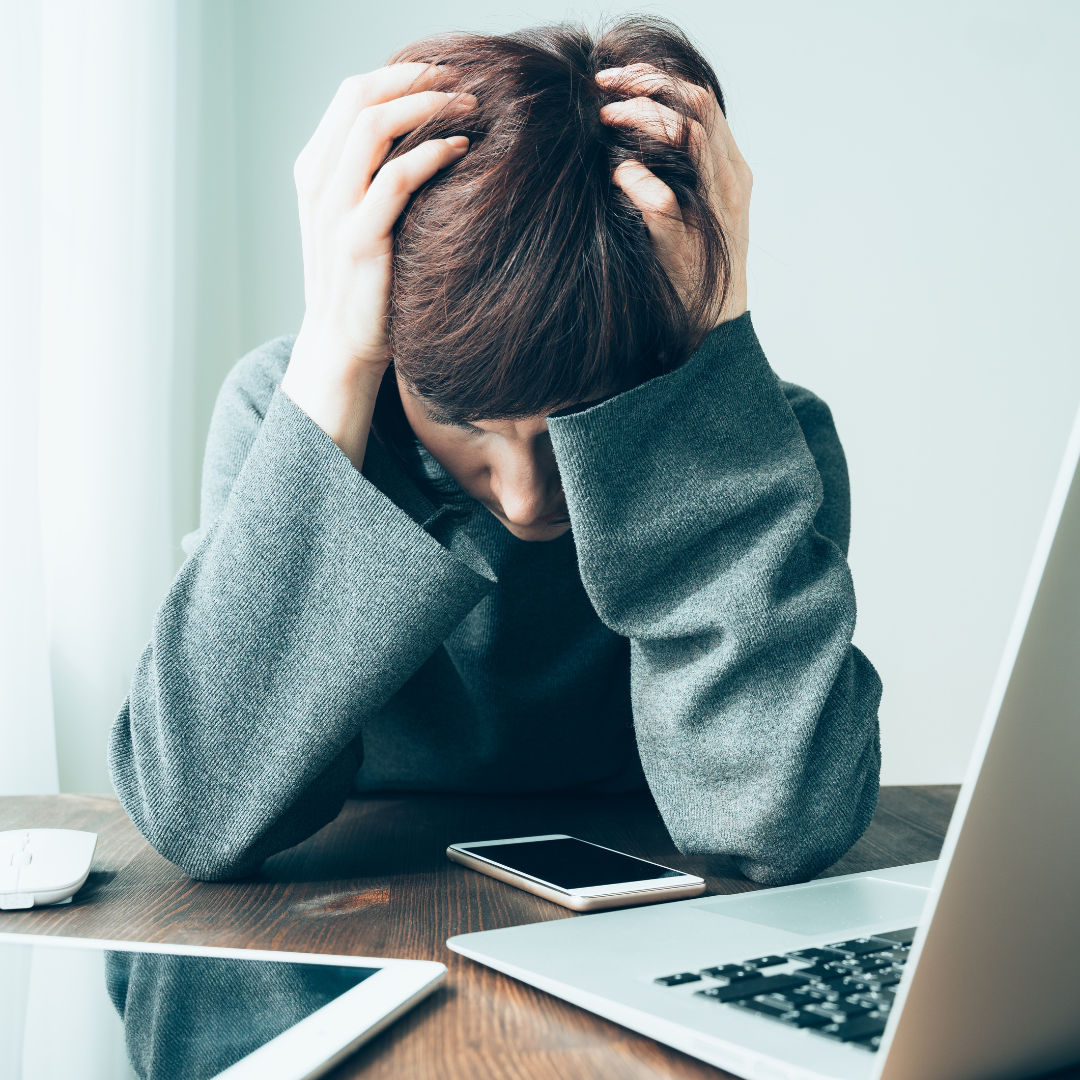
What is Anxiety?
Anxiety is your body’s response to situations that are stressful or unfamiliar to you.
These responses that we have are rooted inside us and have come from extreme fear, apprehension, or worry.
The majority of us will feel some sense of anxiety at points in our lives, however, if it becomes normal then it can develop into an anxiety disorder which can have an impact on social occasions, working, or just being out in the general public.
That’s why it’s crucial to prioritize seeking treatment for this concern. The most effective approach is to consult healthcare professionals who can recommend different approaches to alleviate the symptoms. These may include medication; mindfulness practices; regular physical activity; alternatives like a Weed Drink; or hobbies to keep the mind occupied.
Fight or Flight Response
When we see fearful and threatening stimuli it sets off our fight or flight response so we can take the appropriate action, but if you are dealing with chronic anxiety then that response keeps occurring and stress hormones (cortisol) surge through the body all the time making it harder for people to calm down which will have negative effects on the body.
Our brain gets mixed signals and doesn’t know how to react, now everything, even going shopping, can make you feel stressed or anxious which can be a taxing experience.
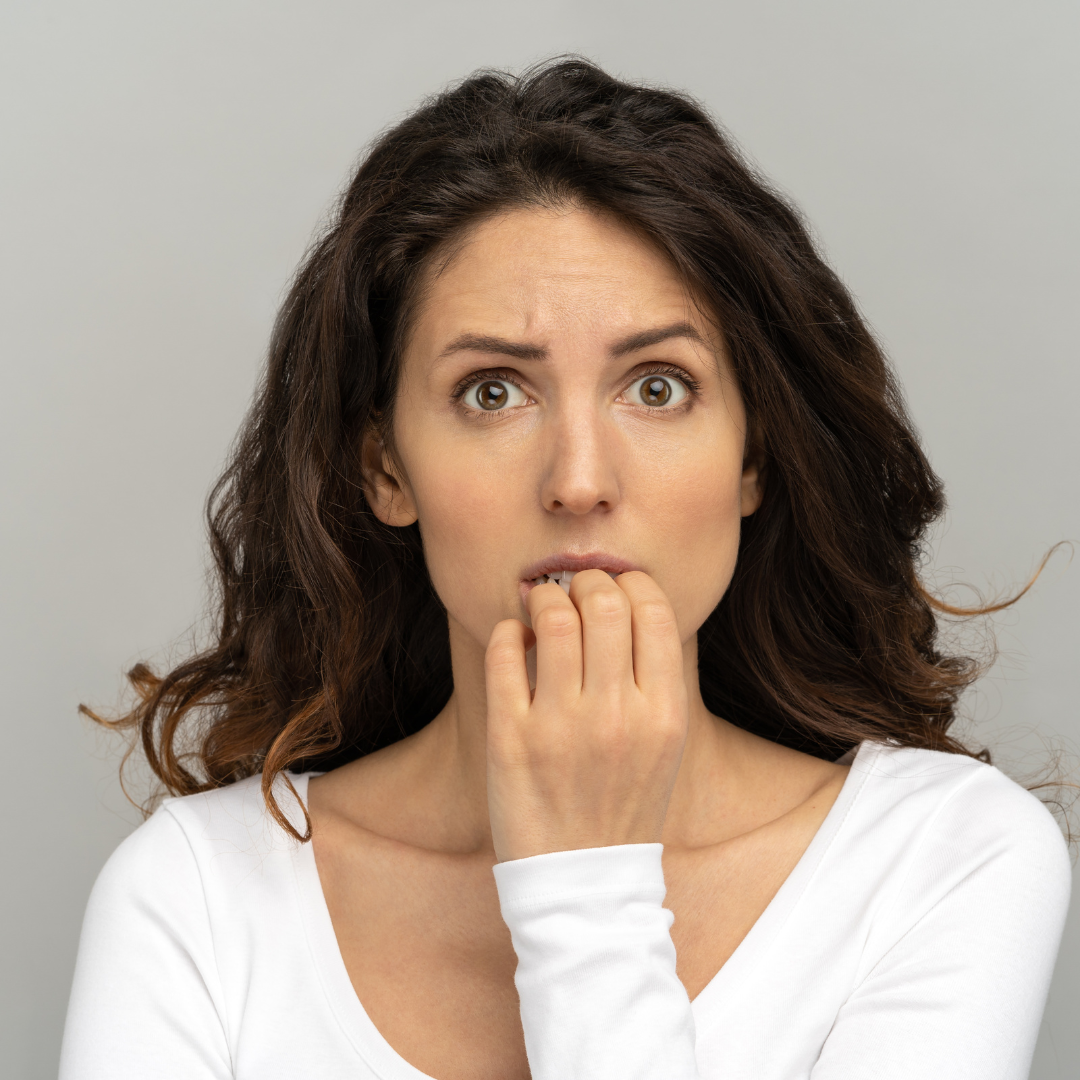
What Types of Anxiety Are There?
There is no one type of anxiety that people feel, in fact, there are different anxiety disorders that people can experience and each one can be tough for people to handle.
Generalized Anxiety Disorder (GAD)
This is a specific anxiety disorder that makes people feel the effects of anxiety consistently, for example, anxious feelings, negative thoughts, and elevated tension.
This can happen at any time and usually with no prompt, they just occur.
With GAD people won’t need to see a trigger to set them off, for example, anxiety disorders involving spiders, snakes, and so on, will make people get anxious as soon as they are seen, GAD people will just suddenly feel anxious out of the blue.
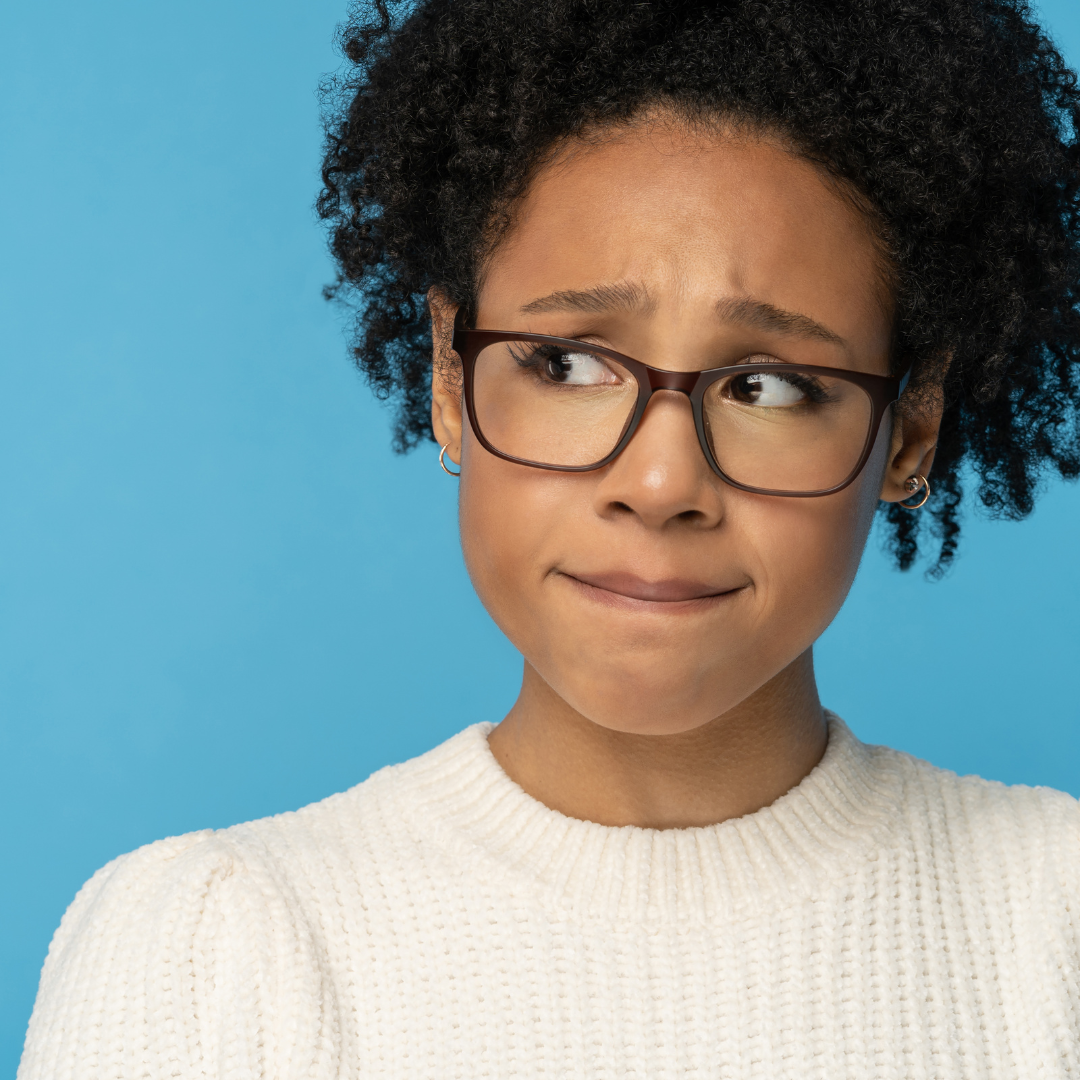
Social Anxiety Disorder
This disorder is also known as social phobia and it happens when individuals are very aware of themselves in a social setting and will feel overwhelming anxiety if they have to go anywhere where there are groups of people or if they need to be social.
They don’t have to be talking to others to feel this way, they can just be around people and start to feel panicky resulting in them sweating, having a dry mouth, fidgeting, and being hyper-aware of their surroundings.
Over time, this prolonged stress and anxiety in places can affect the hippocampus (as can all anxiety disorders) and impair the functioning of the prefrontal cortex, plus it can add to structural degeneration.
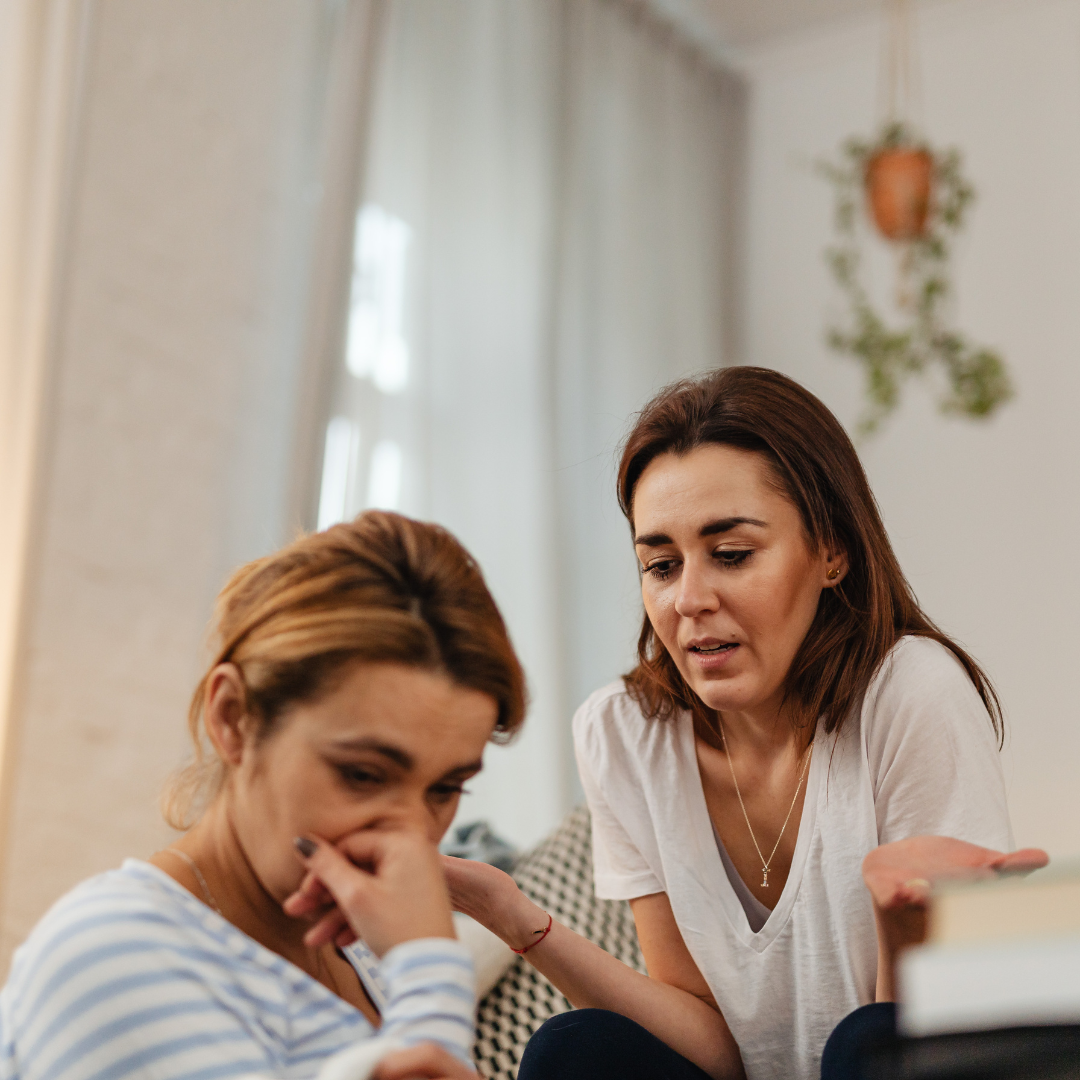
Panic Disorder
Someone with this disorder will feel repeated episodes of extreme fear which will turn into physical symptoms such as heart palpitations, shortness of breath, feeling dizzy, as well as chest and stomach pains.
Post Traumatic Stress Disorder
Also known as PTSD, this disorder is brought on by being exposed to a traumatic experience or terrifying event that involves potential harm.
It was widely only known as something that soldiers can get, however, as time has gone on there has been more research on people who have gone through things like violent personal assaults, natural disasters, and accidents.

How Does Anxiety Affect The Brain?
Dealing with chronic stress and anxiety will cause some extreme effects on people.
Your emotional brain takes over from your cognitive brain causing brain anxiety effects that become hard to control resulting in more anxiety which will have a knock-on effect throughout the whole body resulting in problems ranging from immediate to later on in life, e.g. heart disease.
When people have chronic anxiety, the sympathetic nervous system stops doing what it should be – stopping the release of the stress hormone cortisol.
This means that anxiety symptoms keep happening and shutting it down or controlling it becomes more and more difficult to do.
What is The Amygdala?
Deep in your brain is an almond-shaped structure that is known to be the ‘communications hub’ between the parts of your brain, which is said to process incoming sensory signals as well as the parts that interpret these signals.
If there is a threat, this part of your brain will get alerted to brace yourself for whatever is about to happen, so the fear and anxiety response is triggered, and if this keeps being triggered then persistent anxiety will occur.
A region in the frontal lobe called the dorsal anterior cingulate cortex (DACC) amplifies the signals of fear coming from the amygdala, and people who experience anxiety will feel these heightened feelings constantly.
The emotional memories stored in your amygdala may play their part in developing chronic anxiety disorders that involve very distinct fears, e,g, flying, spiders, etc.
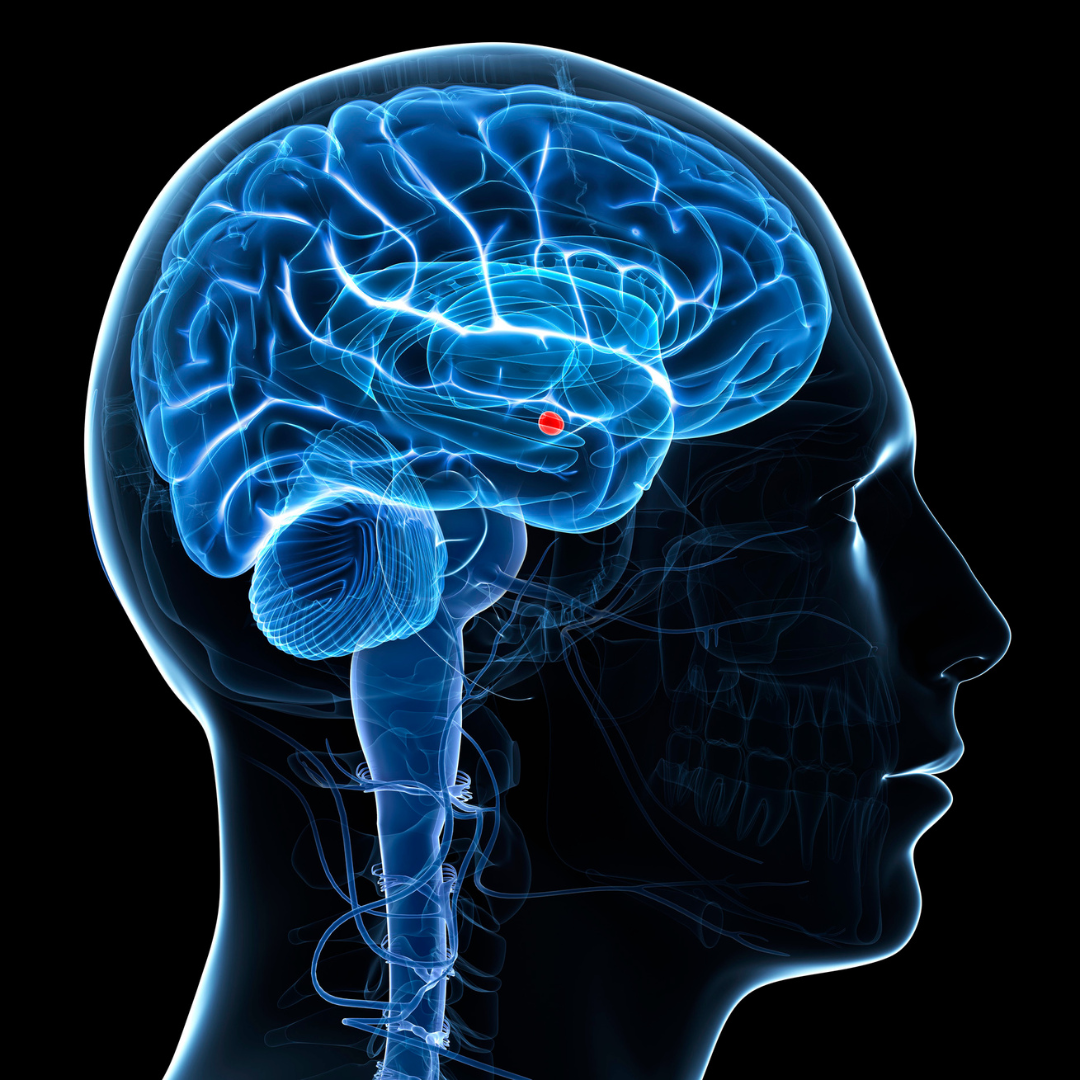
Increased Risk of Neuropsychiatric Disorders
Unfortunately, if the brain is constantly exposed to chronic stress and anxiety, then this can lead to structural degeneration and decreased functionality of the prefrontal cortex and hippocampus.
This means that the risk of mental disorders like dementia and depression is higher.
Problems With Rationalizing
With the prefrontal cortex, you get the reasoning and logical responses to fit certain situations.
The connection between this and the amygdala can be weakened due to anxiety which can increase the sensitivity to dangers and stop you from thinking logically.
Holding Onto Negative Memories
Your hippocampus will hold onto memories, but, when anxiety is constant, this will shrink the hippocampus which can make it hard for people to recall their memories.
However, anxiety will make the hippocampus believe that memories that are associated with danger and anxiety are good to store inside, so you start to remember a lot of stressful situations and anxiety-inducing ones.
How does anxiety affect the body?
There are many physical symptoms that occur as a result of anxiety. These are more noticeable and can also lead to physical health issues. Some physical symptoms of anxiety include fidgeting, racing heart, involuntary clenching of the jaw (bruxism, especially at night), nausea, dizziness, chest pains, migraines, sweating, breathlessness and much more. These symptoms could cause further health problems as well, as a racing heart could lead to high blood pressure which could in turn result in more serious heart problems; bruxism could lead to Temporomandibular disorders (TMD), which cause dysfunction in the jaw; and migraines could increase the risk of a stroke.
While coping with the root cause of these issues is extremely important, you should also visit a doctor to ensure that the physical symptoms are not causing more serious issues. For example, you could look into tmd therapy denver, or something similar where you’re based, if bruxism has impacted your jaw’s functionality. Visiting a heart specialist if you face breathlesness and a racing heart would also be wise, to ensure that these symptoms have not caused any long-term harm.
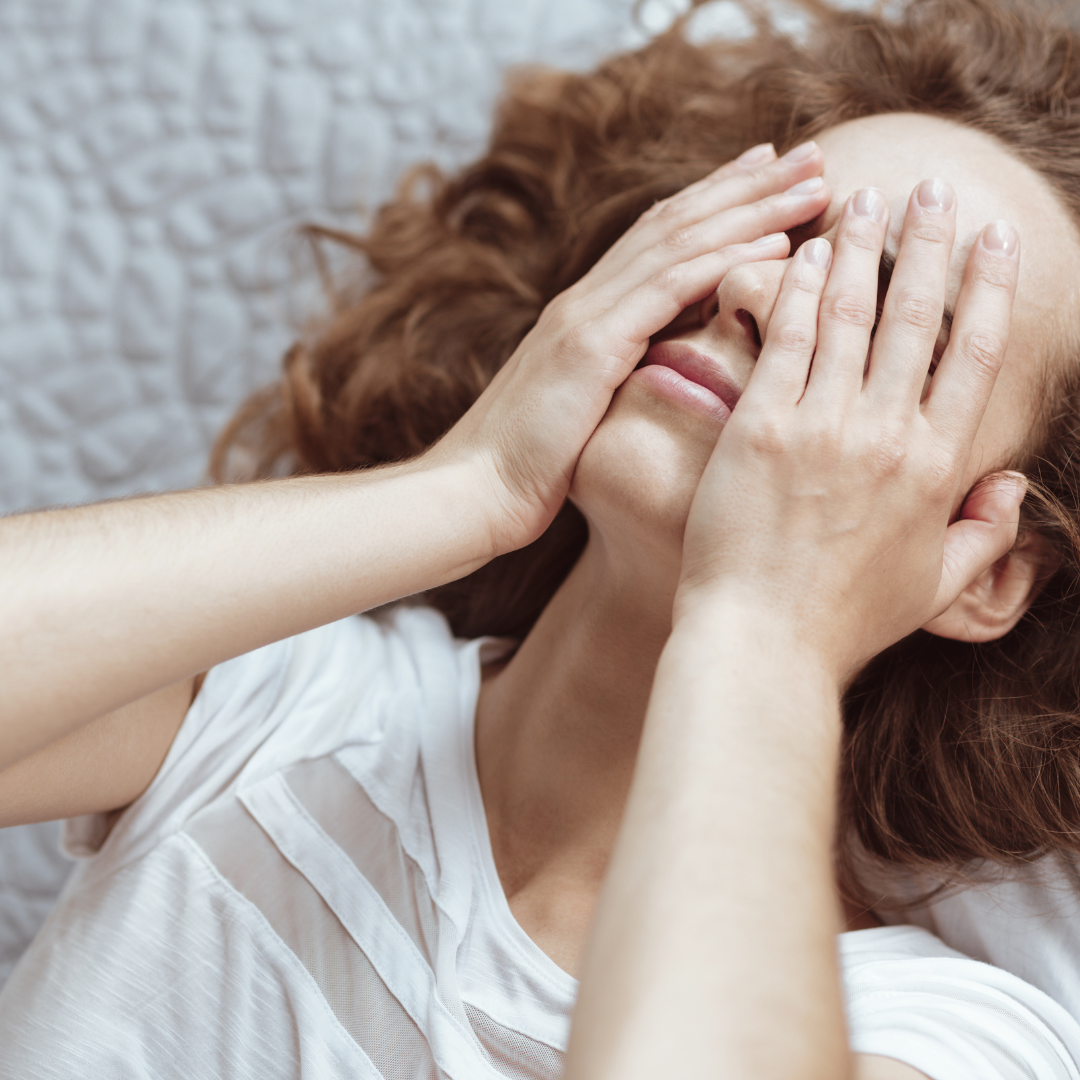
Coping With Anxiety
Dealing with anxiety can be a challenging and overwhelming experience, but it’s essential to recognize that there are various ways to reduce its impact and regain a sense of control over your emotions. Alongside establishing a consistent schedule for daily activities, you can also explore natural plant-based supplements like Hape, which may help alleviate the symptoms of anxiety — for further insights into this topic, consider visiting https://tribuspirit.com/.
Prioritize self-care activities like mindfulness exercises, deep breathing, yoga, or meditation, which can further complement the potential benefits of supplements. These self-care practices can help calm the mind and reduce stress, making it easier to navigate the challenges of anxiety. Keep in mind that by combining lifestyle changes, you can create a more comprehensive approach to managing anxiety and fostering healthier emotional well-being.
- Eating healthy
- Physical activity
- Meditation
- Supplements
- Getting enough sleep
- Aromatherapy
- Sticking to a routine
Aside from these, you can also try cannabis products, especially CBD products which can offer promising results in reducing symptoms of anxiety. CBD, which is a non-psychoactive compound can help regulate your endocannabinoid system, which plays a key role in enhancing mood, sleep, and memory. Owing to these reasons, a growing body of people seems to show interest in sourcing CBD products by looking up “dispensaries open near me” on the Web.
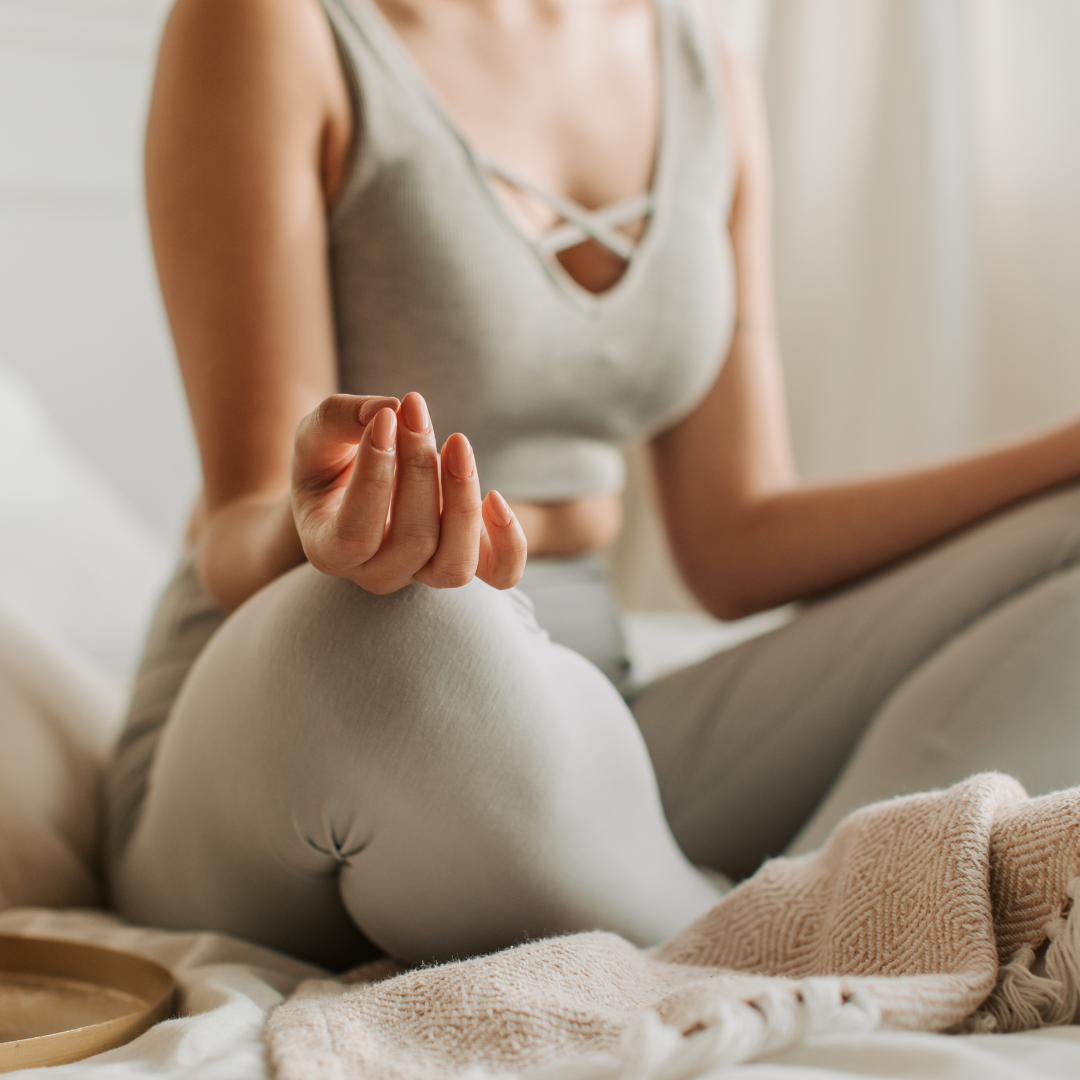
Conclusion
Hopefully, these tips will be able to help you cope, however, if you believe that your anxiety is too much and you are worried that it is taking over your life, then you may want to look at getting professional help by seeing a therapist so you don’t feel overwhelmed. Now that you are aware of the effects that anxiety can have, do you think you are able to make that change?
If so, then good for you and your health, however, if you are scared about taking that step forward, then now is the time to reach out to people so you can get the support you need to have a positive and healthy life.

